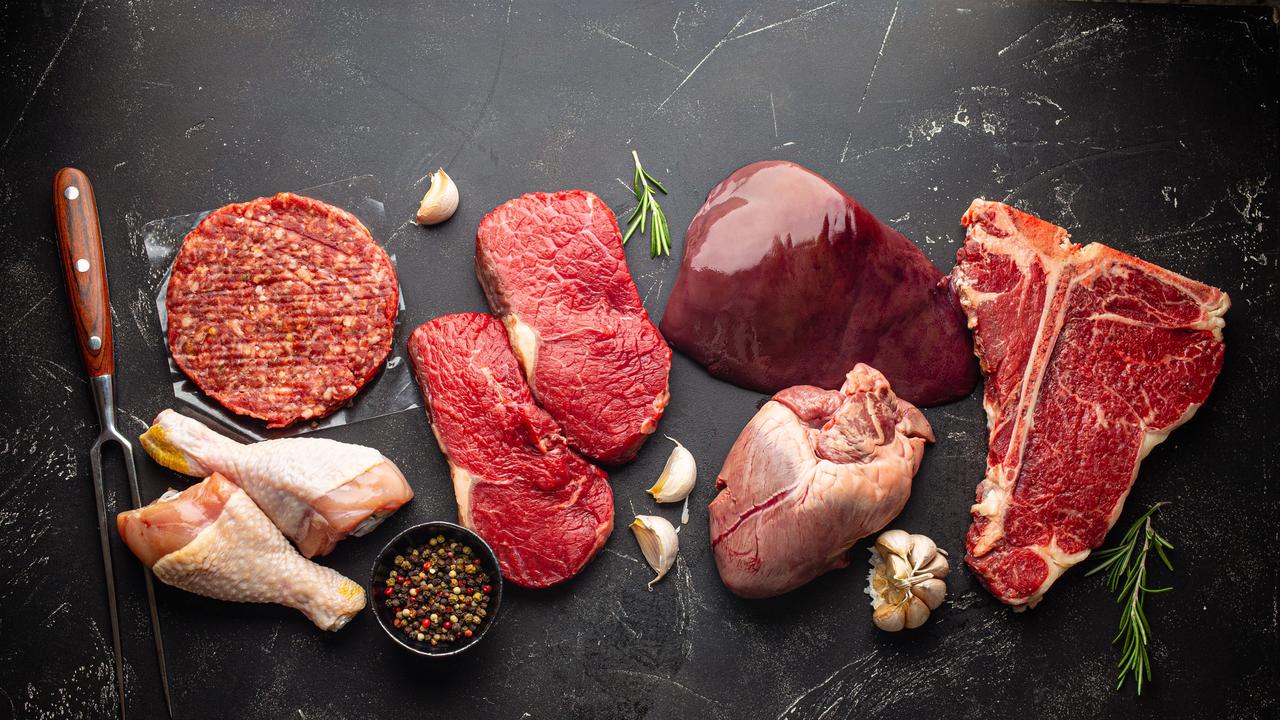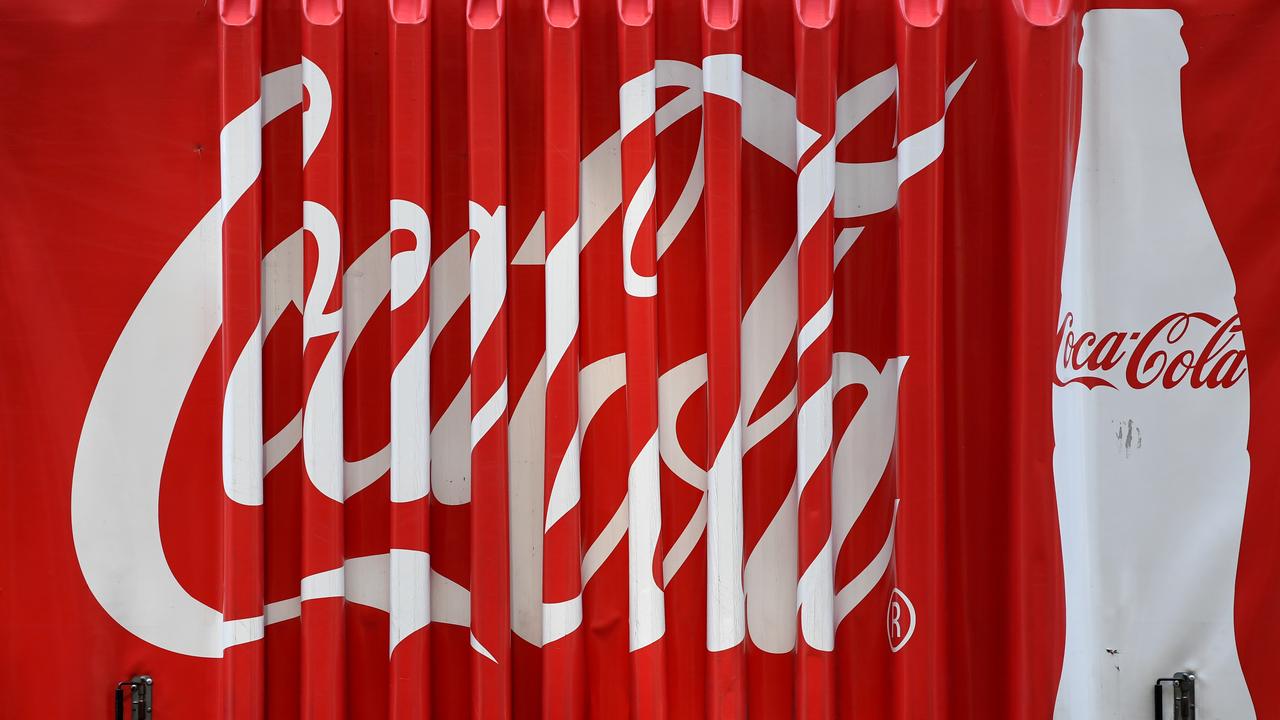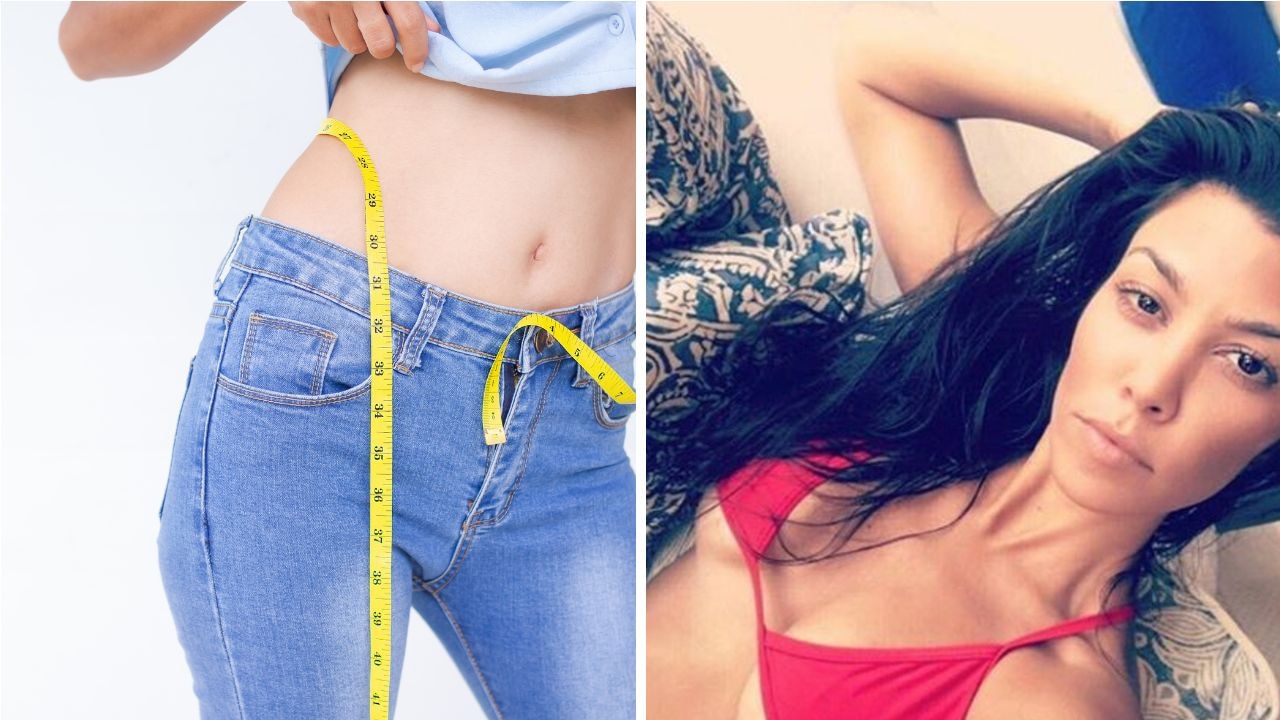Vitamins are just expensive pee: The seven myths we’re guilty of believing
TURNS out your mum was wrong. Vitamin C supplements don’t actually help stop you from getting a cold.
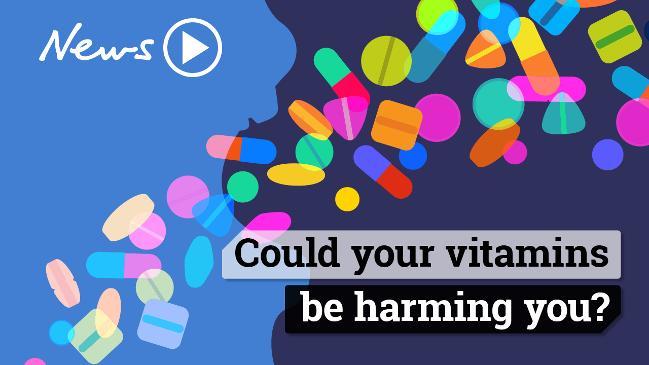
WE’VE become a world obsessed with nutritional perfection.
We purchase products that claim to have the most vitamins, agree to consume anything that will help boost our immunity, de-stress our minds, prevent illness, or assist in leaving our gut happy and healthy.
But alarmingly, there’s much more behind all those bright coloured labels than we actually think.
Vitamin expert and science communicator Dr Derek Muller, dishes out everything there really is to know about vitamins and supplements in his film Vitamania, which premieres on SBS tonight.
Speaking with myBody+Soul, Dr Muller revealed the seven biggest vitamin myths, that unfortunately, we’re all guilty of believing.
VITAMIN C PREVENTS A COLD
Soz mum.
“It does very little for the common cold, but there’s a lot of misinformation and misperception out there.”
When used as a treatment for cold symptoms in the general population, vitamin C supplements appear to only have a placebo effect, even if you’re consuming more than 1g a day.
While taking a vitamin C supplement every day for the purpose of prevention will result in milder symptoms and shorten the duration of the cold, it unfortunately won’t prevent you from catching it in the first place. What’s more is that taking a vitamin C supplement after you develop a cold is of no help at all.
If one large orange contains 98mg and the recommended dietary intake of vitamin C for adult men is 90mg and 75mg for adult women, your mum can’t blame your cold on that unfinished bottle of vitamin C tablets sitting in the medicine cupboard.
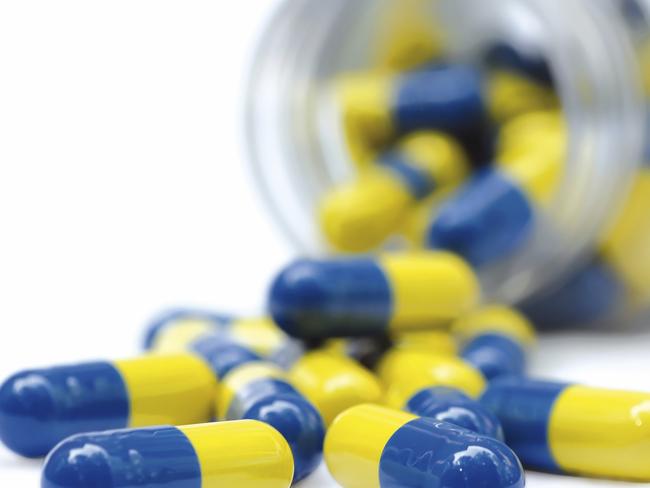
YOU CAN’T OVERDOSE ON VITAMINS
“The truth is you can. If you get too much of the fat soluble vitamins, in particular vitamins B, D, E and K, they can build up in the body because they’re stored in fat and stored in the liver.”
Vitamin overdose is a frightening issue, which Dr Muller highlights in the film.
“I talked to a mother who poisoned her daughter with too much vitamin D — a five-month-old baby who became very ill and was hospitalised for 10 days and her vitamin D levels didn’t come back to normal for a year-and-a-half because of how it built up in her system, so you can have too much of a good thing, that’s for sure.”
VITAMINS AND SUPPLEMENTS ARE JUST EXPENSIVE PEE
So you go to the bathroom and realise your urine is a bright yellow — you’re definitely not dehydrated, so it must be all the vitamins you took that morning, right?
Not necessarily, according to Dr Muller.
“One thing about this is that it only comes out in pee if it’s water soluble, so we’re talking about vitamin C and Bs, so if you have too much of those, they’re going to come out in your pee.”
However, Vitamin A for example, is toxic and a fat soluble one, so it’s stored in the liver.
“Antarctic explorers Dr Douglas Mawson and his team came to the point where they were starving on their journey across Antarctica that they had to eat their sled dogs but in the process ate the dog’s livers, which contain incredibly high levels of Vitamin A, and in fact, one of them died.”
YOU SHOULD BE TAKING A MULTIVITAMIN
The number one message of Vitamania: “I want to caution those who think they can eat a crappy diet and just take a multivitamin and think they’ll be fine because really the richness if the ingredients you get in real food by far, is a better wat to consume your nutrients than in a pill form.”
Yep, again it all comes down to diet, diet, diet.
“You should be getting all of your vitamins from foods if you can — that’s the ideal way of getting vitamins and most viable that way.
“It’s really not that hard to get all the vitamins you need in a day from food — it’s just eating a bit of salmon, leafy greens and fruit.”
By focusing on a healthy diet and getting a little bit of sun on a daily basis, you’ll also be avoiding the risk of vitamin overdose.
“You also get a lot of phytochemicals and fibre by eating the wholefoods themselves then just trying to eat the pill form.”
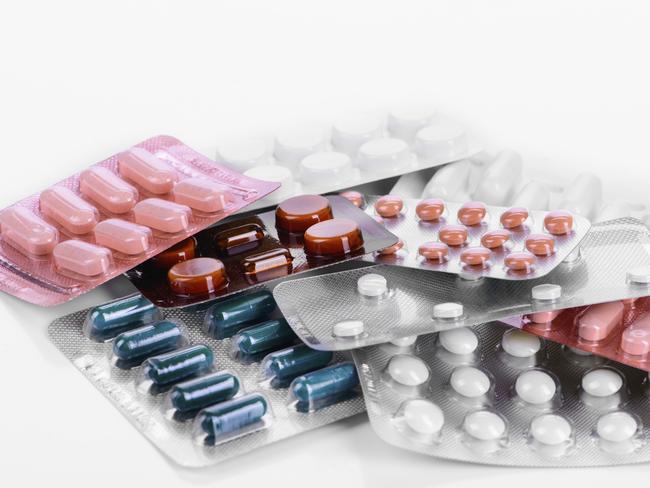
IT’S SAFE IF IT’S ‘MADE IN AUSTRALIA’
Okay, this one’s particularly frightening.
“You can put on your product ‘Made in Australia’ and it can appear on the bottle when none of the raw ingredients come from this country, so in the case of vitamins, virtually no vitamins are made in this country.
So where in the world do they come from?
“Most if comes from overseas and a significant amount of it comes from Asia, then these vitamins are shipped into the country in their raw outer form and then mixed with other ingredients, packaged into pills, and put into bottles and can be ‘made and sold in Australia’.”
‘NATURAL’ LABELLED PRODUCTS ARE ACTUALLY NATURAL
On top of its place of origin, you’re also splurging your month’s pay on something you think is one thing but is really the other.
“When you see on a bottle and it says ‘natural’, it doesn’t necessarily mean anything from a technical or regulatory standpoint, so you can label your product natural but contain synthetic ingredients in the product.”
Again, it all comes down to where the raw ingredients are sourced to where they’re actually packaged.
“In the US for example, the FDA will permit you to write on the label ‘promotes digestive health’ or ‘enhances sleep quality’ when there’s no actual scientific evidence to back those claims up — as long as they’re written in a vague enough wat as opposed to ‘curing’ something, then it’s permitted.
“Meanwhile there’s no testing required to establish safety or protectiveness before products go on sale.”
PRESCRIBED MEDICINES ARE DIFFERENT TO VITAMINS
While Dr Muller highlights that it comes down to a case-by-case basis on what vitamins people should and shouldn’t be taking, one thing he stresses is that they’re no different from taking medicines prescribed by your doctor.
“If people thought of vitamins more like medicines, I think we’d be better off. If they got the sense that these are powerful chemicals that they’re putting in their bodies, which are man-made, they’re from factories, they have risks and benefits, and it’s not just something that should be taken casually, we’d all be more aware.”
Bottom line: Focus on a healthy diet filled with fruits and veg, and most importantly, treat vitamins exactly like medicines.
Vitamania airs on SBS at 8.30pm tonight, or it’s on SBS on Demand.
This article originally appeared on www.bodyandsoul.com.au and has been republished here with permission.

